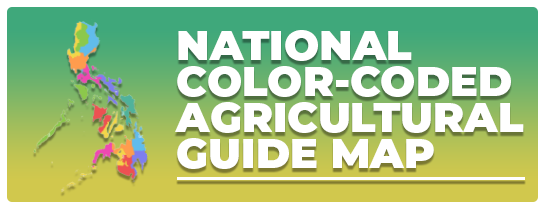Guimaras, Iloilo mango growers train on GAP and pest management
Posted by: RAFIS DA6 | Posted at: July 18, 2025
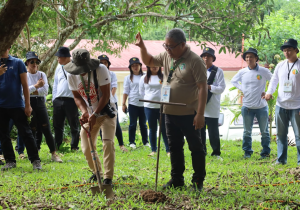
Around 100 mango growers and stakeholders from Guimaras and Iloilo participated in the Farmers Training on Good Agriculture Practices (GAP) and Integrated Pest Management – Insecticide Resistance Management (IPM-IRM) for Mango, held recently as part of a nationwide effort to revitalize the Philippine mango industry.
The training was spearheaded by the Bureau of Plant Industry (BPI) in Manila, in partnership with the Department of Agriculture (DA) High Value Crops Development Program (HVCDP) through the Mango Rehabilitation Project funded by Senator Imee Marcos. This initiative is anchored on the Philippine Mango Roadmap 2021-2025, which envisions a more sustainable, resilient, and globally competitive mango industry. out of 20 batches of training scheduled nationwide, five are allocated for the Visayas Region- including the mango-producing provinces of Guimaras and Iloilo.
According to BPI Director Gerald Glenn Panganiban, the trainings serve as a strategic approach to boost mango productivity, create jobs, and strengthen the country’s mango export potential.
“The outcome of this training is crucial- not only for economic growth and job creation but also for positioning the Philippine mango as a competitive and world-class product. Let’s work in unity to uplift our mango industry,” said Director Panganiban.
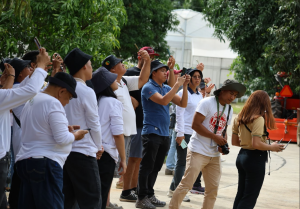
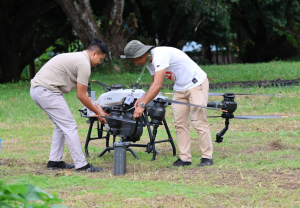
Participants were equipped with science-based knowledge and practical skills aimed at improving orchard management, especially in pest and disease control. The GAP sessions covered essential topics such as farm hygiene, postharvest handling, record-keeping, and environmental care, while the IPM-IRM component focused on pest monitoring, biological control, and responsible pesticide use to prevent resistance and safeguard beneficial organisms.
Felipe Gamarcha, a mango grower from Jordan, Guimaras, shared how the training helped them recognize outdated practices and align them farm operations with GAP standards.
“This GAP training taught us new knowledge, especially about environmental and food safety standards. Even 35 years as a mango farmer, I’m still learning. We found out that some of our usual farm practices are not actually allowed under GAP,” he said.

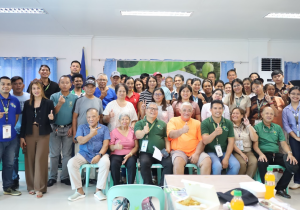
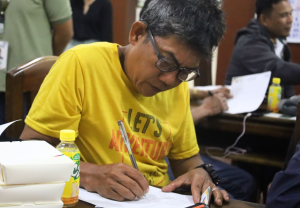
Iloilo-based farmers also expressed appreciation for the initiative, noting that the training enabled them to adopt more efficient, eco-friendly methods, that could improve productivity and market access. The sessions reinforced the value of compliance with national and international standards, especially as the global demand for high-quality mangoes continues to rise.
With Guimaras and Iloilo being two of Western Visayas’ leading mango-producing areas, the training plays a vital role in enhancing their competitiveness edge in both local and export markets, while contributing to broader goals of agricultural development in the region.###
Text by: Myleen S. Subang & Photos by: Cristine Lauresta/DA-RAFIS 6





